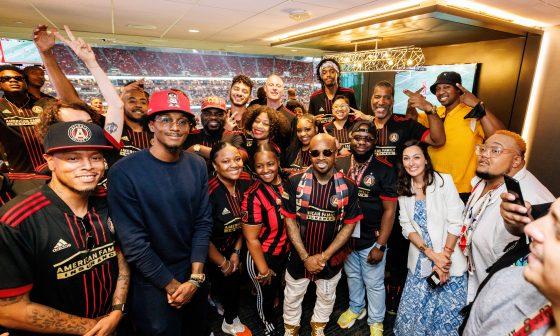Most college athletes never make it to the pros. It’s not because they can’t. In most cases, it’s because going pro does not guarantee a decent salary. Unless your sport is football, basketball, or golf, and you are exceptionally good at it, there’s more money in getting a traditional job. But for those like Peyton Manning, Joe Montana, and Ron Gronkowski of the NFL, college was just the beginning.
The same is true for soccer’s Mia Hamm and golf’s Jon Rahm. They excelled in their respective sports during high school and college. Then, they went on to dominate as professionals. But even if you don’t play sports, it’s possible to earn a college degree and prepare for a fulfilling, rewarding career. What can people learn from top athletes who graduated from college? Lesson one is that it helps to make the right choices along the way.
There’s no need to wait until after graduation to build a solid credit rating. Likewise, aiming for a relevant major during school opens more job opportunities later on. Many top sports figures studied subjects like accounting, psychology, and engineering. They hoped to succeed as pros but had a Plan B just in case. Plus, adults who are already working have the option to return to school at any age and earn a diploma. Consider the following facts about how anyone, athlete or not, can apply basic principles and successfully complete a four-year degree.
Why Credit Ratings Matter
There’s no longer any reason to wait until snagging a first job to build good credit. That’s because students now have the chance to apply for their first credit card while still attending school. That’s great news for eager grads who want to enter their careers with an established credit score and financial history. Doing so means it’s much easier to purchase or borrow for a car or first home.
Step one is to review a complete guide on the subject that explains how student credit cards work. But it’s important to get the card that’s right for you based on spending habits and other factors. If you have the capability to manage your own finances and monthly budget, applying for a credit card is a very smart way to get started.
Pros Did It, & So Can You
Jon “Rahmbo” Rahm is one of the top-ranked golfers in the world. But as he led the amateur rankings during college, he earned good grades while majoring in communications at Arizona State University. Soccer’s Mia Hamm walked on graduation day with a diploma in political science from the Univ. of North Carolina at Chapel Hill. Joe “The Comeback Kid” Montana majored in business administration before graduating from Notre Dame. Ron Gronkowski, better known as “Gronk,” earned a business diploma from the Univ. of Arizona. And Peyton “The Sherrif” Manning finished at U. of Tennessee with a major in speech communication.
Studying Relevant Subjects
The fastest way to a good paying career is to take relevant courses while on the collegiate track. Unless your goal is to earn a Ph.D. or become a university instructor, majors that make sense include business, engineering, pre-medical studies, general sciences, IT, and computer programming. There are others, but those five general categories represent most diplomas among today’s most eligible career-minded grads.
Scholarships & Grants Help
Every year, millions of dollars in scholarship and grant funds go unclaimed because no one applies for them. The good news is that it’s easier than ever to use an online search and apply platform to uncover scholarship awards for just about any subject area. No matter what you want to major in, check out the scholarship and grant situation to get funding that can cover some or all your educational expenses.
You Don’t Have to Become a Pro Athlete
Less than 1% of collegiate athletes go on to become paid professionals in their respective sports. However, hiring agents view athletic talent and team sports as a strong positive on any resume. There’s no requirement to become a pro. Most sports don’t even have paid professional leagues.
Football, soccer, golf, and basketball are the exceptions. Human resources (HR) employees know that young adults who have the discipline to perform on the field and in the classroom are likely to be successful in any career they choose. That’s why so many people try to maintain good grades and serve on a varsity team during their academic careers. Having a strong body and a healthy brain goes a long way toward lifelong success.






